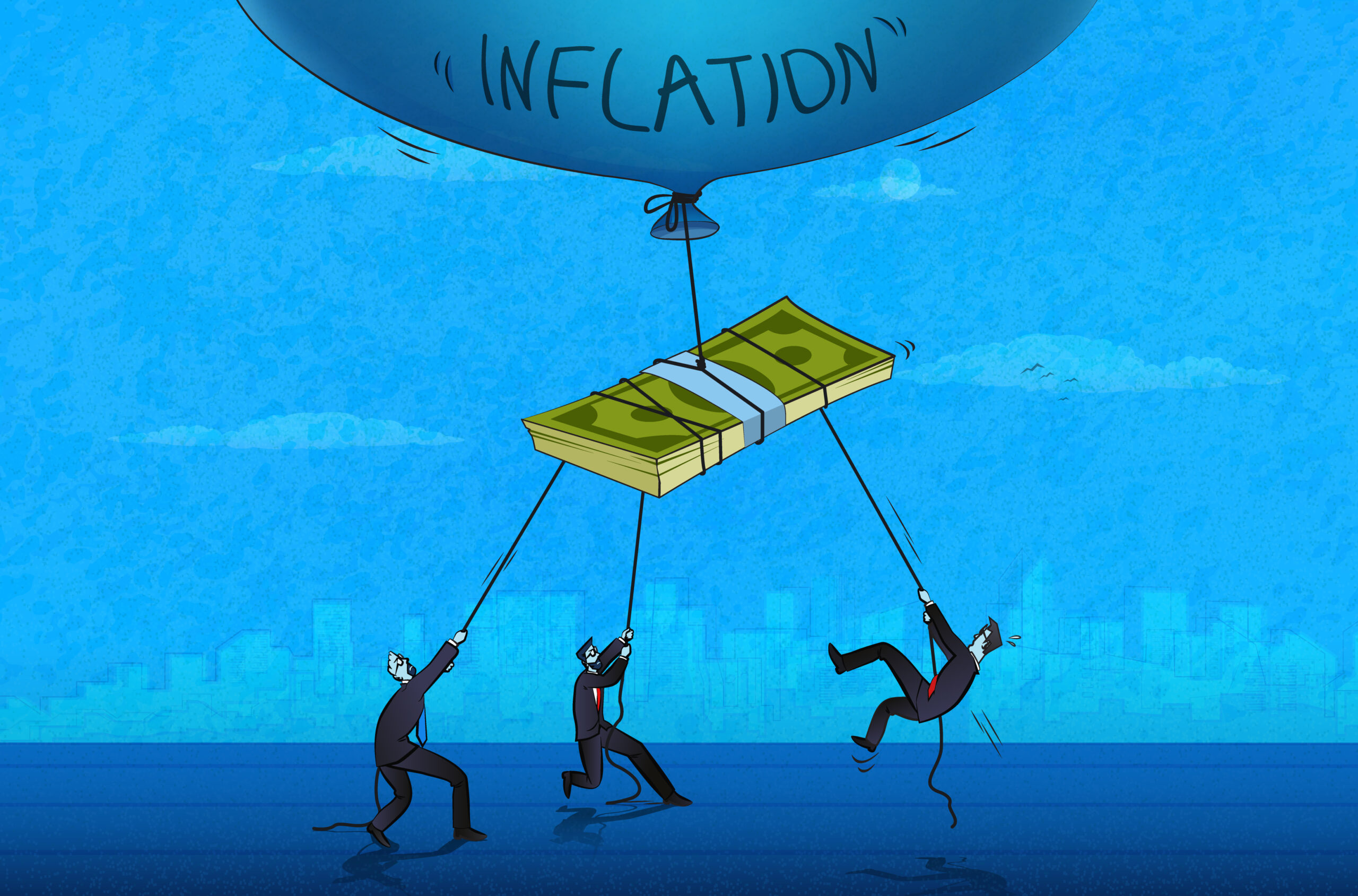August 25, 2025
Navigating Through the Economic Storm: How Inflation Could Shape U.S. Politics in 2026

Is it possible that inflation will be the big issue in 2026? Given its impact in 2024, this economic phenomenon may very well play a pivotal role in future political landscapes. As we delve into the heart of this matter, the focus shifts to the essentials: food and electricity.
In the wake of substantial policy shifts and regulatory changes under the Trump administration, the U.S. is seeing significant changes in its agricultural and energy sectors. The deportation of numerous farmworkers, many of whom play a crucial role in the agricultural industry, raises concerns about potential increases in food prices. Without enough hands to tend the fields, crops could either rot or force farmers to increase wages to attract labor, inevitably pushing up prices.
Moreover, the administration's approach to international trade, particularly the imposition of hefty tariffs on imported goods such as Mexican tomatoes and Brazilian beef, is set to further exacerbate the situation. These tariffs, while aiming to protect domestic industries, might lead to increased grocery bills for everyday Americans.
Electricity prices are also on the rise. The burgeoning demand for energy, driven by developments in technologies like artificial intelligence, is placing unprecedented strain on the power grid. Despite this increasing demand, the current administration has curtailed the expansion of renewable energy projects, which have been a significant source of new electricity generation in recent years.
These economic conditions suggest a looming increase in the cost of living, particularly in terms of food and electricity. Such issues tend to resonate deeply with voters, impacting their choices at the polls. The Democrats, for instance, could leverage these developments by proposing practical solutions such as the removal of tariffs on essential goods, reforming the deportation process, and reinstating support for renewable energy projects.
However, the political challenge remains in addressing these economic issues without alienating key voter segments. The Democratic Party must navigate carefully, balancing economic policies with sensitive social issues to avoid the pitfalls of previous campaigns.
As the 2026 elections approach, both parties might find that addressing the inflation of everyday essentials could be crucial in securing electoral success. It’s not just an economic issue; it’s a kitchen-table issue that affects every American. As such, it will likely play a significant role in shaping the political landscape in the coming years.
Inflation, with its direct impact on the cost of living, has always been a potent political issue. As we move towards another election cycle, it's clear that whoever can best address the concerns of the average American will have a distinct advantage. The question now is not if, but how, inflation will redefine the political debates of 2026.